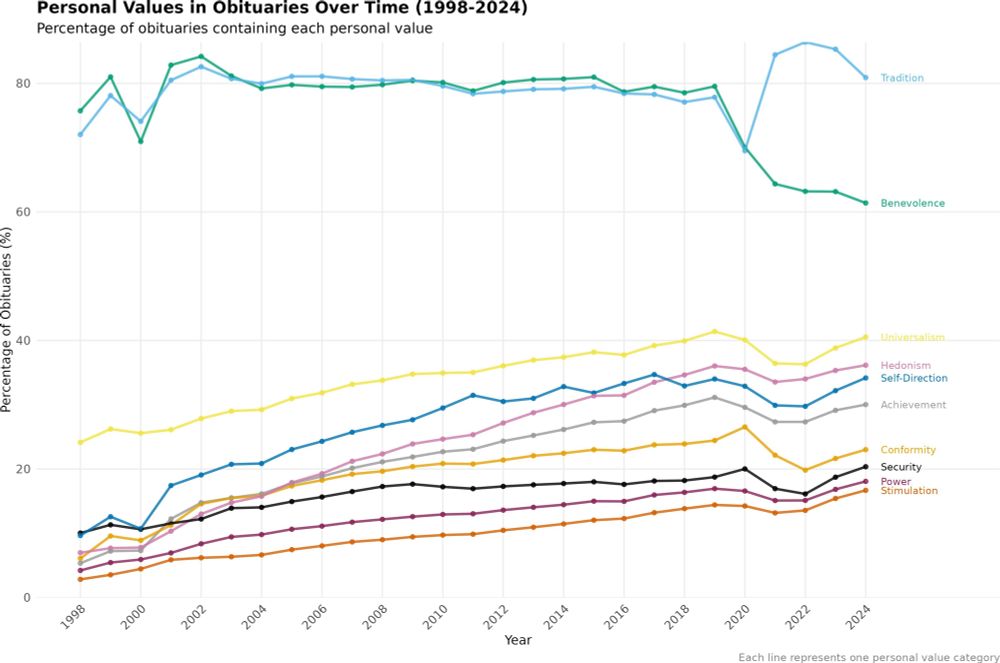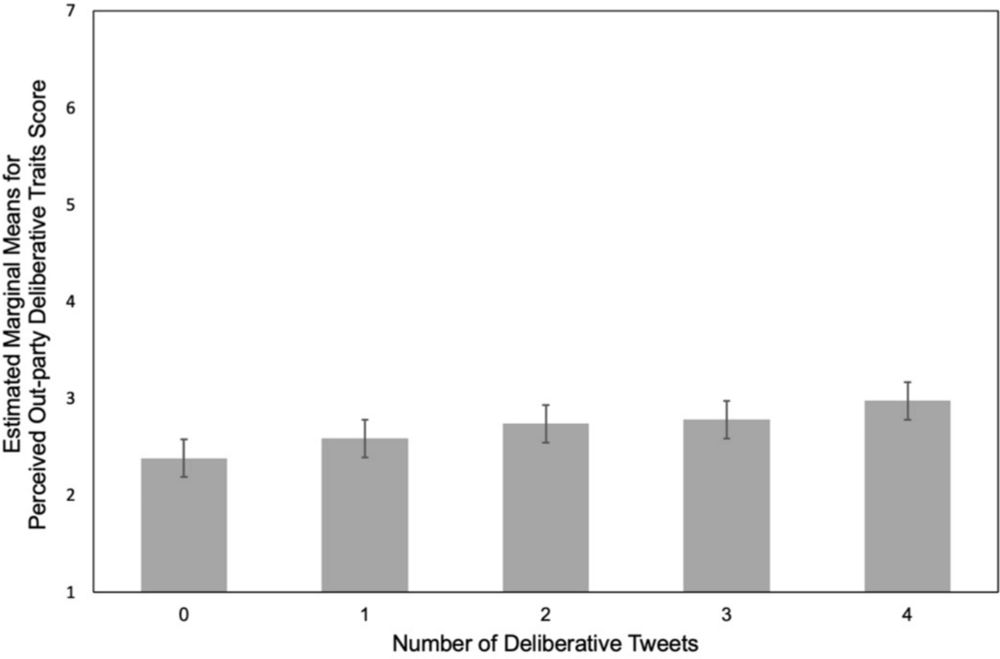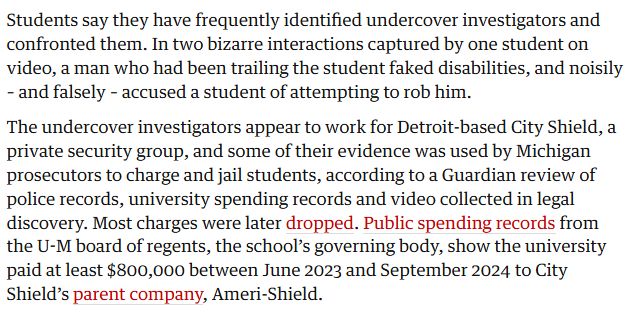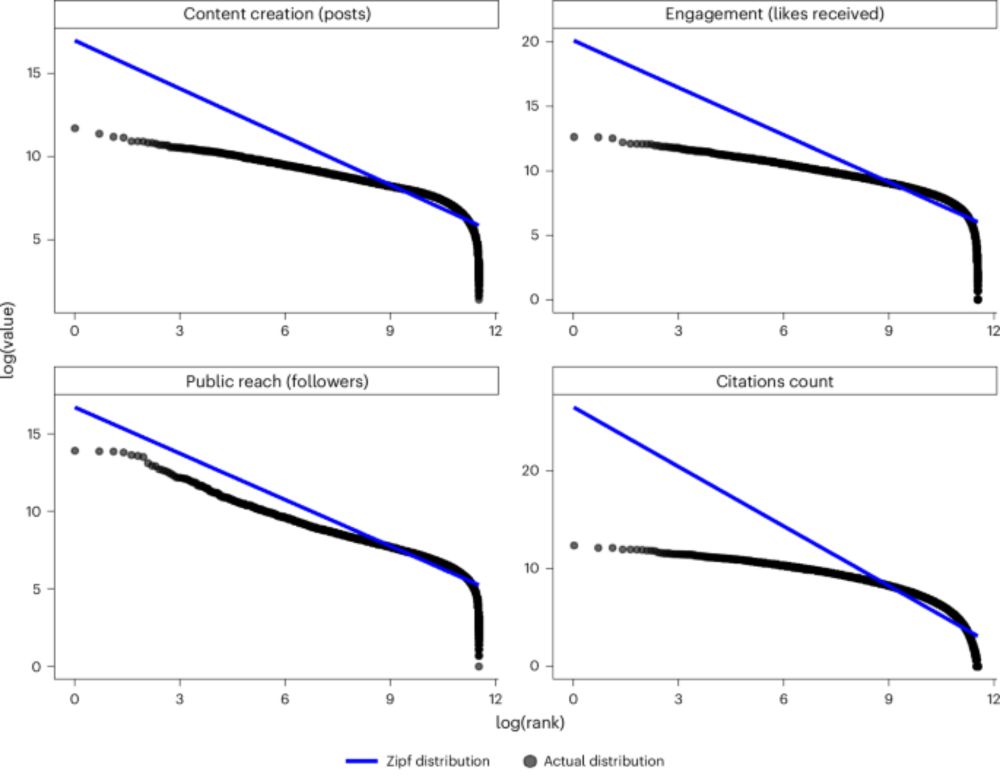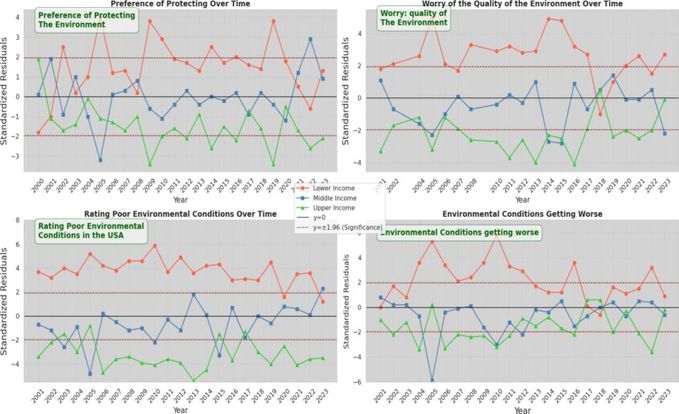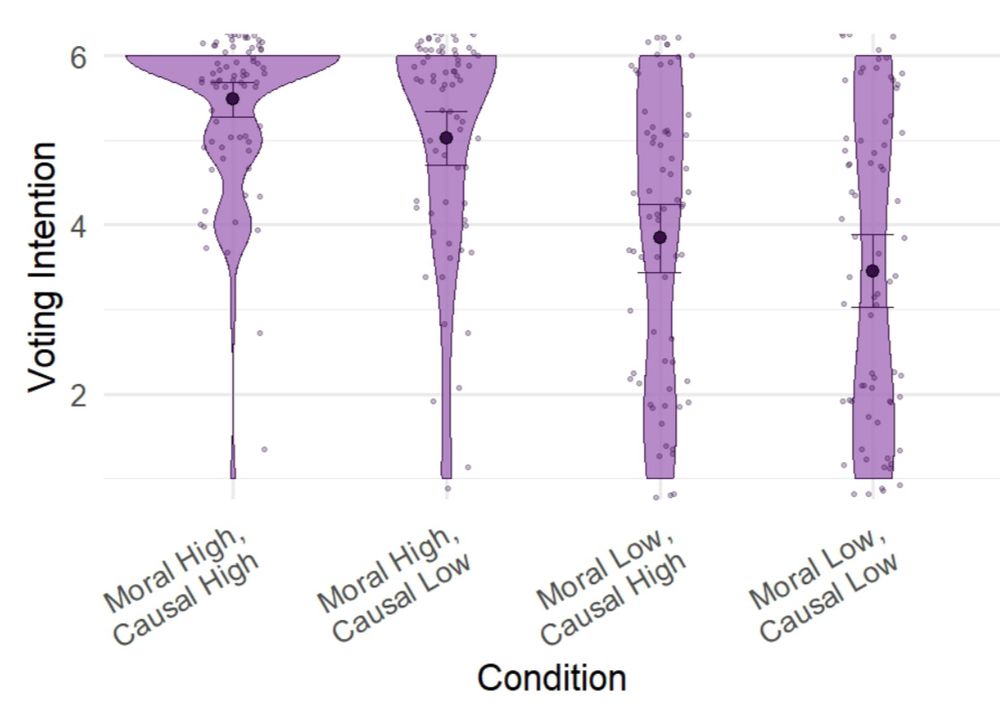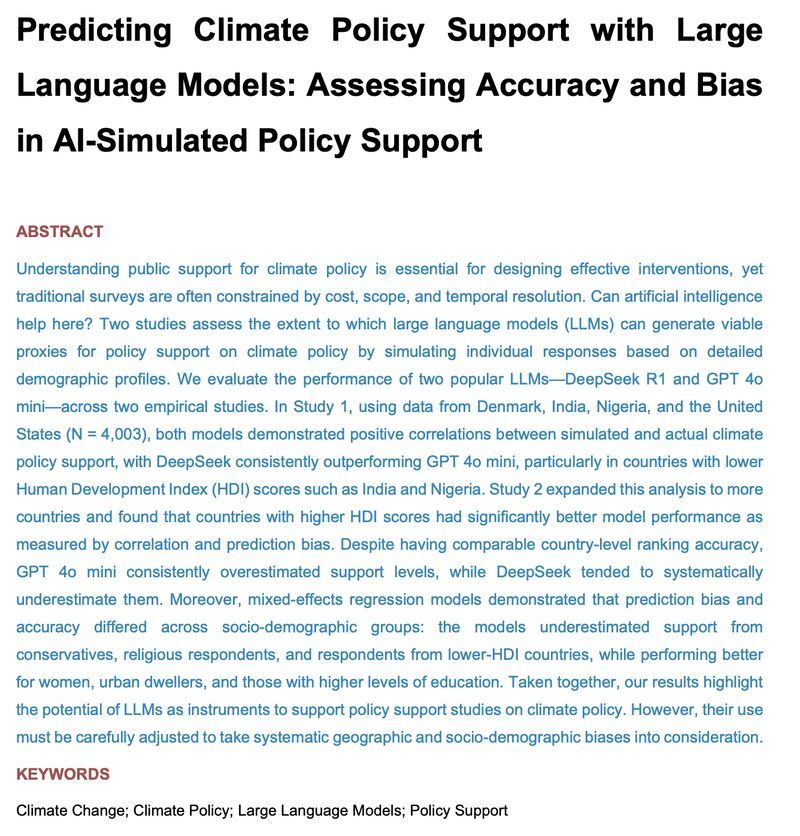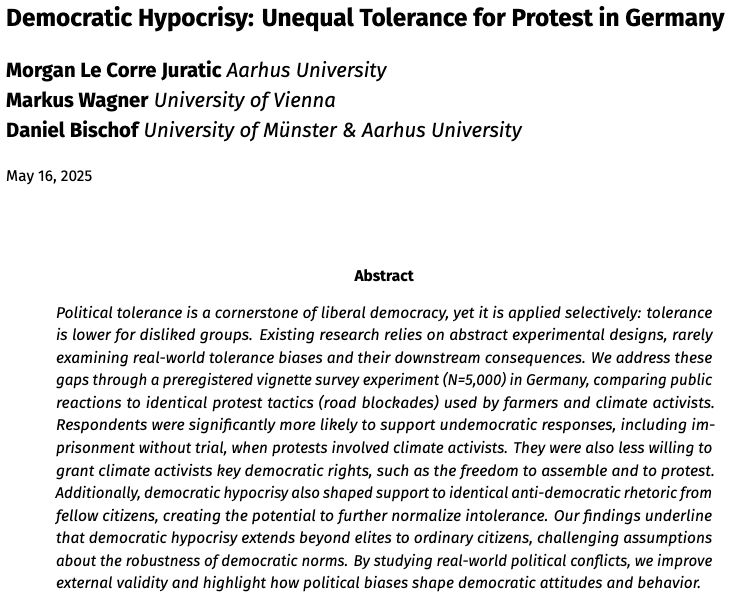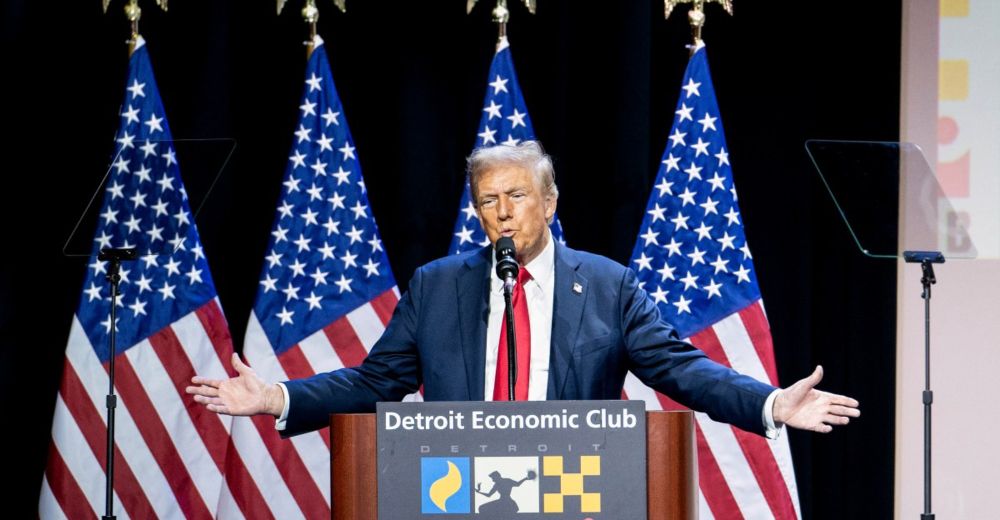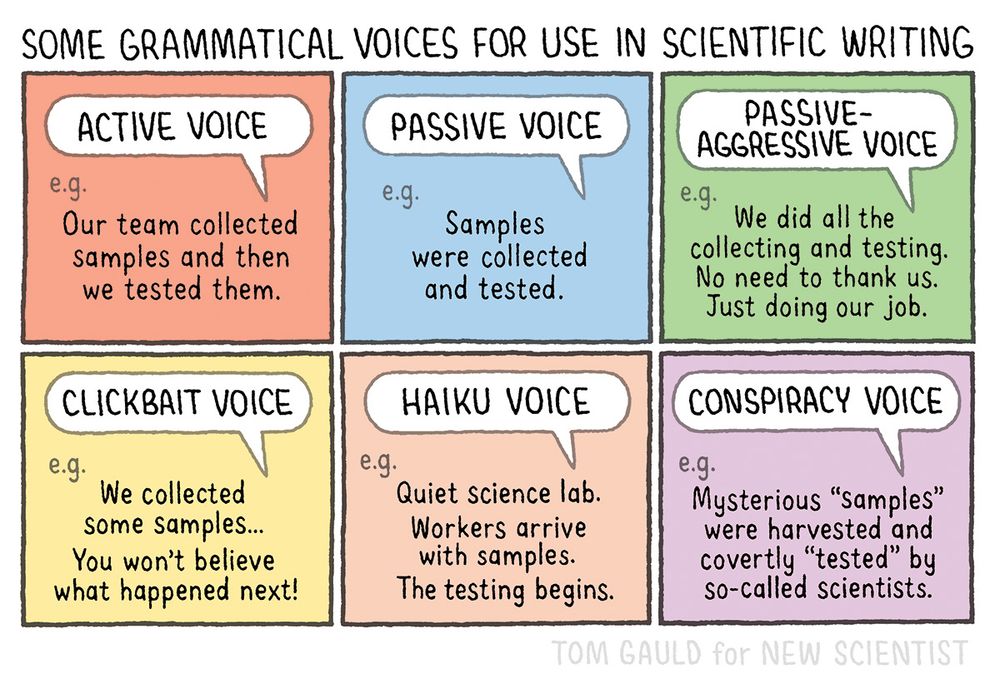Nathaniel Geiger
@nathanielgeiger.bsky.social
2.7K followers
670 following
25 posts
Assistant Professor at the University of Michigan. Social psychology and climate change communication. Speaking for myself, not the university. https://nathanielgeiger.wixsite.com/michigan
Posts
Media
Videos
Starter Packs
Reposted by Nathaniel Geiger
Reposted by Nathaniel Geiger
Reposted by Nathaniel Geiger
Reposted by Nathaniel Geiger
Reposted by Nathaniel Geiger
Reposted by Nathaniel Geiger
Reposted by Nathaniel Geiger
Reposted by Nathaniel Geiger
Reposted by Nathaniel Geiger
Reposted by Nathaniel Geiger
Reposted by Nathaniel Geiger
Reposted by Nathaniel Geiger
Reposted by Nathaniel Geiger





